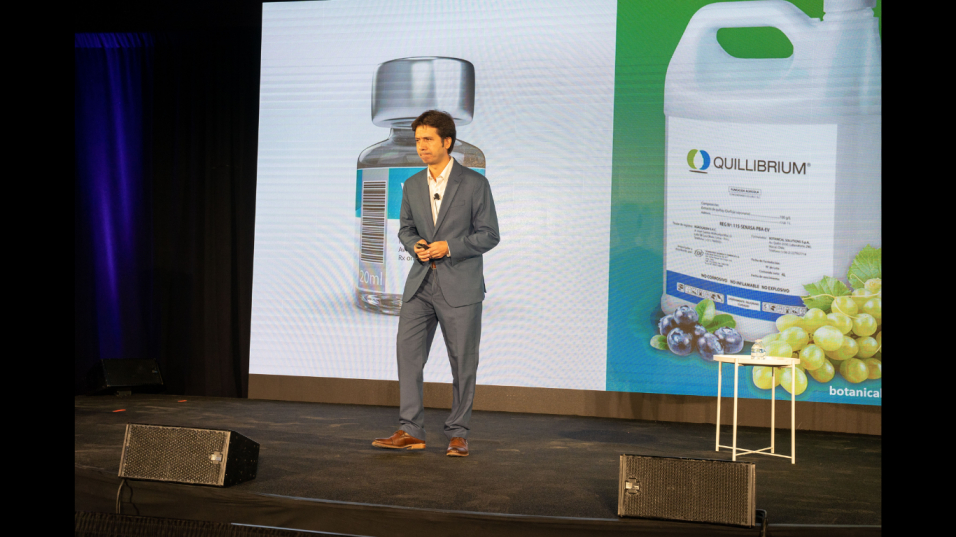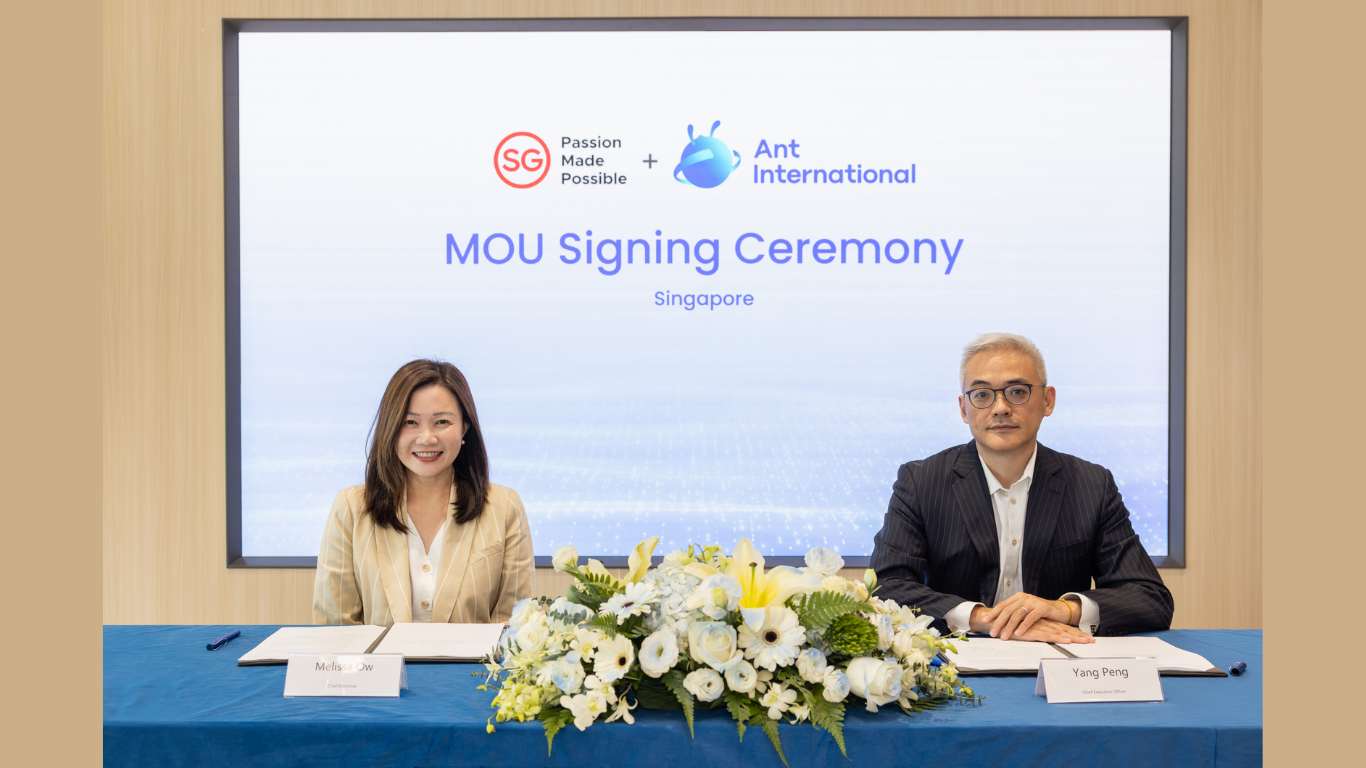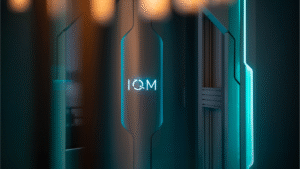The global agriculture and pharmaceutical industries face a common, critical challenge: securing a stable, scalable, consistent, and sustainable supply of essential natural compounds. As regulatory pressures, environmental concerns, and supply chain vulnerabilities intensify, the need for technological disruption has never been more acute. Answering this call is Botanical Solution Inc. (BSI), a company that began in Chile and has evolved into a global plant and human health powerhouse.
With its corporate headquarters in Davis, California, and dedicated R&D and production laboratories in Davis and Santiago, Chile, BSI has successfully bridged the gap between agriculture and human health. Its groundbreaking work has not gone unnoticed. After accumulating numerous industry accolades, BSI has been recognised by World Business Outlook with two prestigious titles for 2025: Sustainable Agri-Biotech Company of the Year Global 2025 and Leading Advanced Botanical Materials Provider Global 2025. This article explores the unique technological platform that justifies this significant international recognition.
The Quillaja Bottleneck
BSI’s innovation centres on a single, remarkable plant: the Quillaja saponaria Mol., or soapbark tree, an evergreen endemic to Chile. This tree is the sole natural source for two vital, high-value products:
- A potent biofungicide (the active ingredient, ABM-01, is formulated into BSI’s product Quillibrium) used to protect high-value fruits and vegetables from diseases like Botrytis, Altenaria alternata, sour rot and powdery mildew.
- QS-21, the “gold standard” vaccine adjuvant. An adjuvant is a component that enhances the human immune response, and QS-21 is a key ingredient in blockbuster vaccines for shingles (Shingrix), RSV (Arexvy), malaria, and COVID-19.
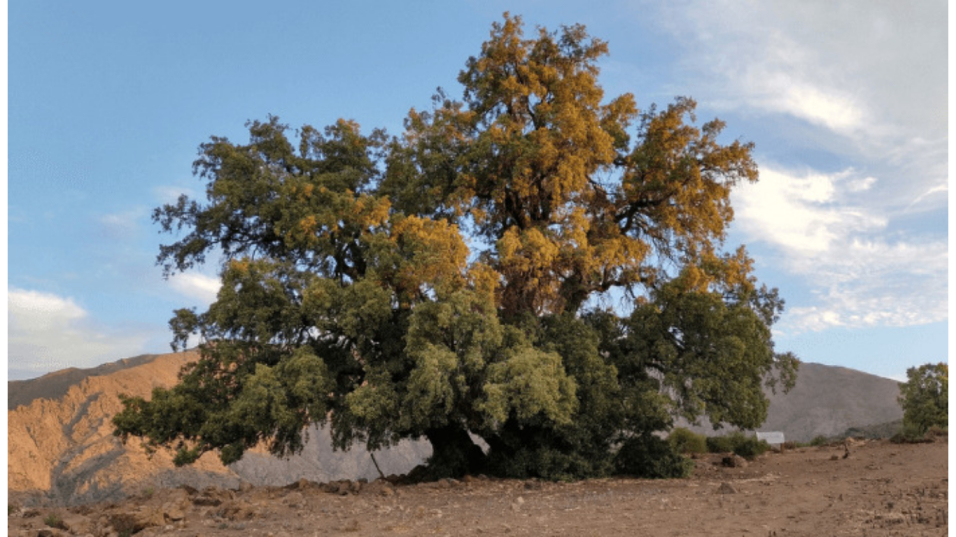
The problem is one of profound scarcity. The Quillaja saponaria is a slow-growing tree, taking 25-30 years to mature. Furthermore, strict Chilean deforestation laws protect the species, rightly restricting the traditional harvesting method of extracting compounds from the bark of felled mature trees.
This supply-side constraint created a massive bottleneck. For the pharmaceutical industry, the result was a volatile supply chain and an astronomical price tag for QS-21, ranging from $100,000 to $400,000 per gram. This prohibitive cost historically limited its use to a handful of blockbuster vaccines, primarily in first-world nations.
BSI’s Solution: The In Vitro Biofactory
BSI’s breakthrough, which forms the basis for its award recognition, is a proprietary and patented method of growing Quillaja saponaria trees in its own laboratories using plant tissue culture.
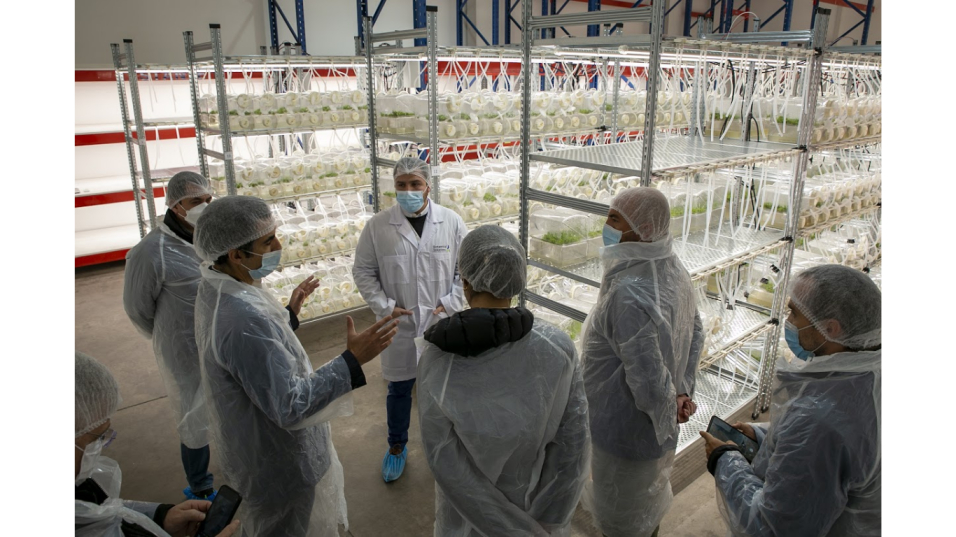
Instead of harvesting mature trees from the wild, BSI cultivates “plantlets” or “baby trees” in vitro. These plantlets are grown in bioreactors under controlled conditions, where they function as highly efficient “biofactories”. BSI then extracts the active ingredients directly from this lab-grown biomass.
This innovative approach elegantly solves the industry’s core challenges, directly justifying its new award titles.
Consistency and Purity:
A major challenge with traditional botanicals is variability. Plants harvested from the wild differ based on season, location, and genetics. BSI’s in vitro platform eliminates this issue. The company affirms that its technical composition is “almost identical batch to batch”, providing a level of consistency that is essential for both agricultural formulations and, critically, for pharmaceutical GMP (Good Manufacturing Practice) standards. This consistency extends to purity, with BSI’s process achieving up to 99% purity for QS-21.
Scalability and Supply:
BSI’s platform effectively uncouples production from its natural land constraints. The company has stated that its 2,000 square meters of lab space in Chile can already produce raw materials good enough for kilograms of QS-21 (billions of doses) . This unique method allows BSI to produce a “virtually unlimited supply” of its Advanced Botanical Materials (ABMs), completely de-risking the supply chain for its partners.
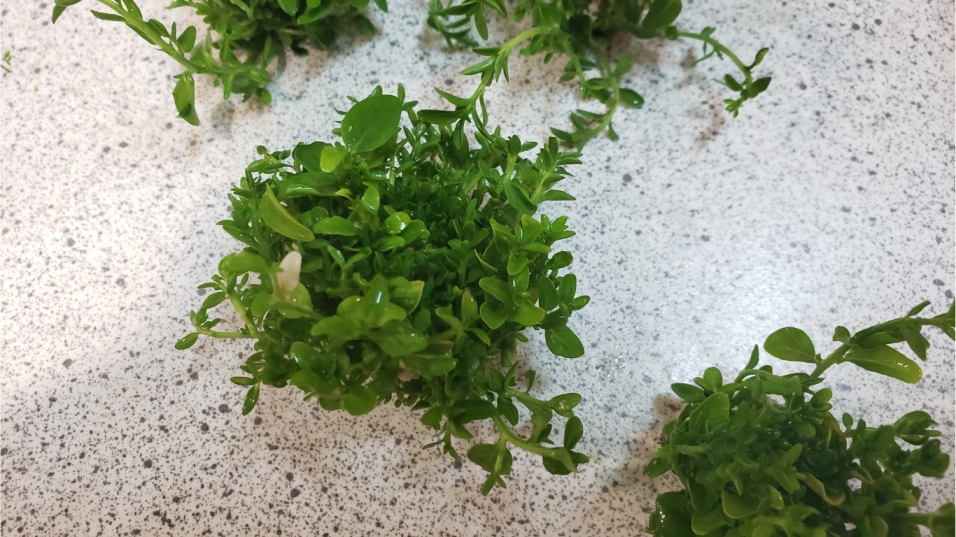
Global Market Validation:
The quality of BSI’s materials is validated by its high-profile global partnerships.
- In Agriculture: BSI has a long-standing agreement with Syngenta, which distributes its Quillibrium biofungicide across Chile, Peru, and, very soon, Mexico, with plans for US and global distribution.
- In Pharmaceuticals: In 2023, BSI established a strategic collaboration with UK-based Croda Pharma to scale up and supply GMP-grade QS-21 to the global vaccine industry. BSI is on a path to become the partner of choice for vaccine developers in need of high-quality and sustainably produced saponins.
As a result, BSI has been recognised with the ‘Leading Advanced Botanical Materials Provider Global 2025’ award for its excellence in producing and supplying high-quality, consistent, and scalable natural compounds.
Environmental Sustainability:
The most evident justification is BSI’s core process. Its approach “completely avoids the cutting down of any Quillaja saponaria trees”. By “removing the Quillaja saponaria forest out of the equation”, BSI has created a truly sustainable source for these critical materials, preserving Chile’s native biodiversity while meeting global demand.
Greener Chemistry:
BSI’s commitment to sustainability extends beyond harvesting. In 2024, the company developed a new, more cost-effective purification method that eliminates the use of hazardous organic solvents. This breakthrough in downstream processing not only lowers costs but also significantly reduces the environmental footprint and disposal costs associated with traditional chemical purification.
Consequently, BSI is recognised as the ‘Sustainable Agri-Biotech Company of the Year for 2025’ due to its significant environmental impact and its commitment to advancing sustainable agriculture while promoting human health.
Impact in Agri-Pharma:
BSI’s dual-market focus demonstrates a holistic approach to global sustainability.
- Agriculture: Its first product, Quillibrium, is a powerful, botanical-based tool for farmers. It provides highly effective protection for high-value crops, is easy to use, and has zero chemical residues, making it an ideal component for integrated pest management (IPM) strategies and sustainable food production.
- Pharma (Human Health): By solving the QS-21 supply-and-cost problem, BSI is not just supplying an adjuvant; it is enabling a new future for vaccine development. The company’s scalable model aims to “make this active ingredient more available and affordable”, with the long-term goal of expanding access to life-saving vaccines—for diseases like malaria and tuberculosis—to low-income and 3rd World countries.
Conclusion
Botanical Solution Inc. began in 2013 with a scientific challenge in Chile and has transformed into a globally recognised leader in biotechnology. Its journey from a focused agri-tech startup to a dual-market powerhouse—with a Davis, California headquarters, a robust R&D presence in California and Chile, plus strategic collaborations in Europe—is a testament to its visionary science and scalable model.
The 2025 World Business Outlook awards for Leading Advanced Botanical Materials Provider and Sustainable Agri-Biotech Company of the Year are fitting acknowledgements of BSI’s achievement. The company has successfully developed a platform that not only builds a resilient and consistent supply chain but also does so with a profoundly positive environmental and social impact.


